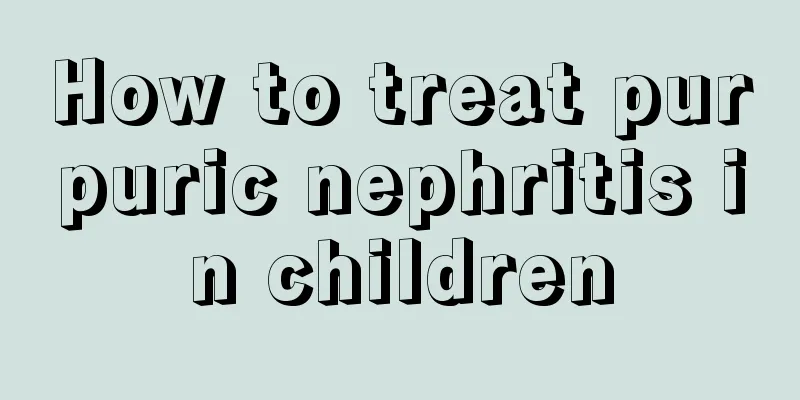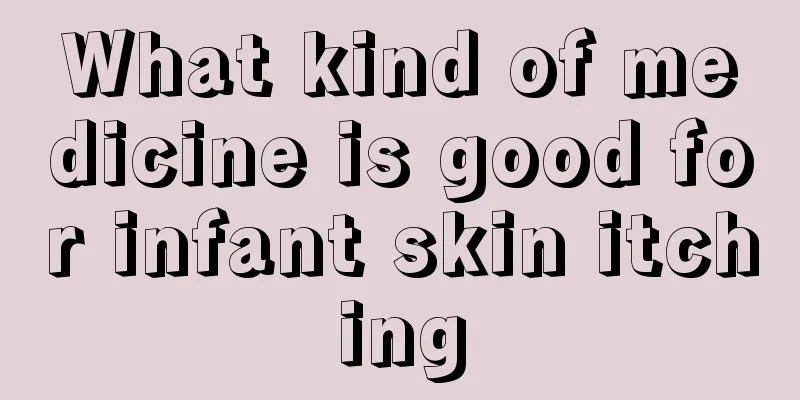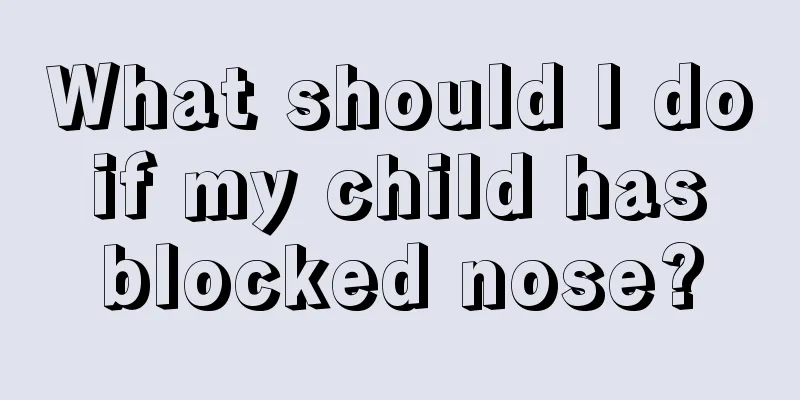How to treat purpuric nephritis in children

|
Purpura nephritis in children is a systemic disease that is a necrotizing inflammation of the small vessels. In addition to affecting the kidneys, purpuric nephritis may also affect other organs of the body. After becoming ill, the child's skin may show purpura symptoms all over the body, and the child may also have abdominal pain and joint pain. Some children with purpuric nephritis may not show any symptoms, and the disease is often not taken seriously until the rash appears. There is currently no specific treatment for purpuric nephritis in children. Symptomatic treatment is the main treatment, with attention paid to protecting renal function. Mild cases do not require special treatment, and are mainly symptomatic and supportive, with avoidance of allergic foods and drugs. Sensitive antibiotics can be used when there is clear infection. The acute nephritic syndrome type is mainly treated by lowering blood pressure, promoting diuresis, controlling infection foci, and protecting renal function. Specific medication is the same as that for acute glomerulonephritis. For nephrotic syndrome, adrenal cortical hormones can be used, usually prednisone. Rapidly progressive nephritis and chronic nephritis are often treated with a combination of hormones, cytotoxic drugs, anticoagulants and traditional Chinese medicine. Renal failure can be treated with dialysis. For rapidly progressive nephritis, methylprednisolone pulse therapy can be used early. More than half of children with Henoch-Schonlein purpura can recover from kidney damage on their own, but a small number of children still have persistent hematuria, proteinuria and hypertension for a long time. About 2% of children develop end-stage nephritis, especially those with glomerulonephritis showing crescent formation in pathological examination. More than 80% of them develop end-stage nephritis within 1 year. Generally speaking, the prognosis of purpuric nephritis in children is good, but a small number of children have a poor prognosis and have varying degrees of proteinuria. Allergy is the most common cause of purpura nephritis in children, so parents should pay attention. Once they find a substance that causes their children to be allergic, they should try to avoid their children's contact in the future, and they should remind their children not to come into contact with such substances that may cause allergies in their daily lives. |
<<: How to deal with night sweats in children
>>: What to do if a child has a cold, fever, or cough
Recommend
At what months can babies learn to sit?
During the growth and development of babies, pare...
Sleep time of newborn baby after one month
After a baby is one month old, his growth and dev...
What kind of milk is good for children
Milk is a very common food. It is rich in nutrien...
What should I do if my 2-year-old baby has a bacterial infection and fever?
The baby in every family is the core figure of th...
What to do if newborn baby has high jaundice
Newborn babies' immune systems are not fully ...
What should I do if my child is afraid of cold?
Some children nowadays are afraid of cold, which ...
Reasons why children suck their fingers
If your baby is three or four months old, he will...
How to solve the problem of redness and swelling of little girl’s vulva?
If a little girl has redness and swelling of the ...
How many times a day is normal for a newborn baby to have bowel movements
Since the physique of adults and newborns is diff...
What's wrong with the red spots on the child?
Children are very susceptible to diseases when th...
What are the symptoms of anemia in infants?
Many parents supplement their children's nutr...
At what age does the baby stop eating milk powder?
When the baby is just born, we generally recommen...
How to effectively treat hand, foot and mouth disease?
Parents need to know how to effectively treat han...
What are the antidiarrheal medicines for children?
The physical qualities of children in their early...
My child's arm suddenly hurts, what's going on?
The importance of every child to every family is ...









